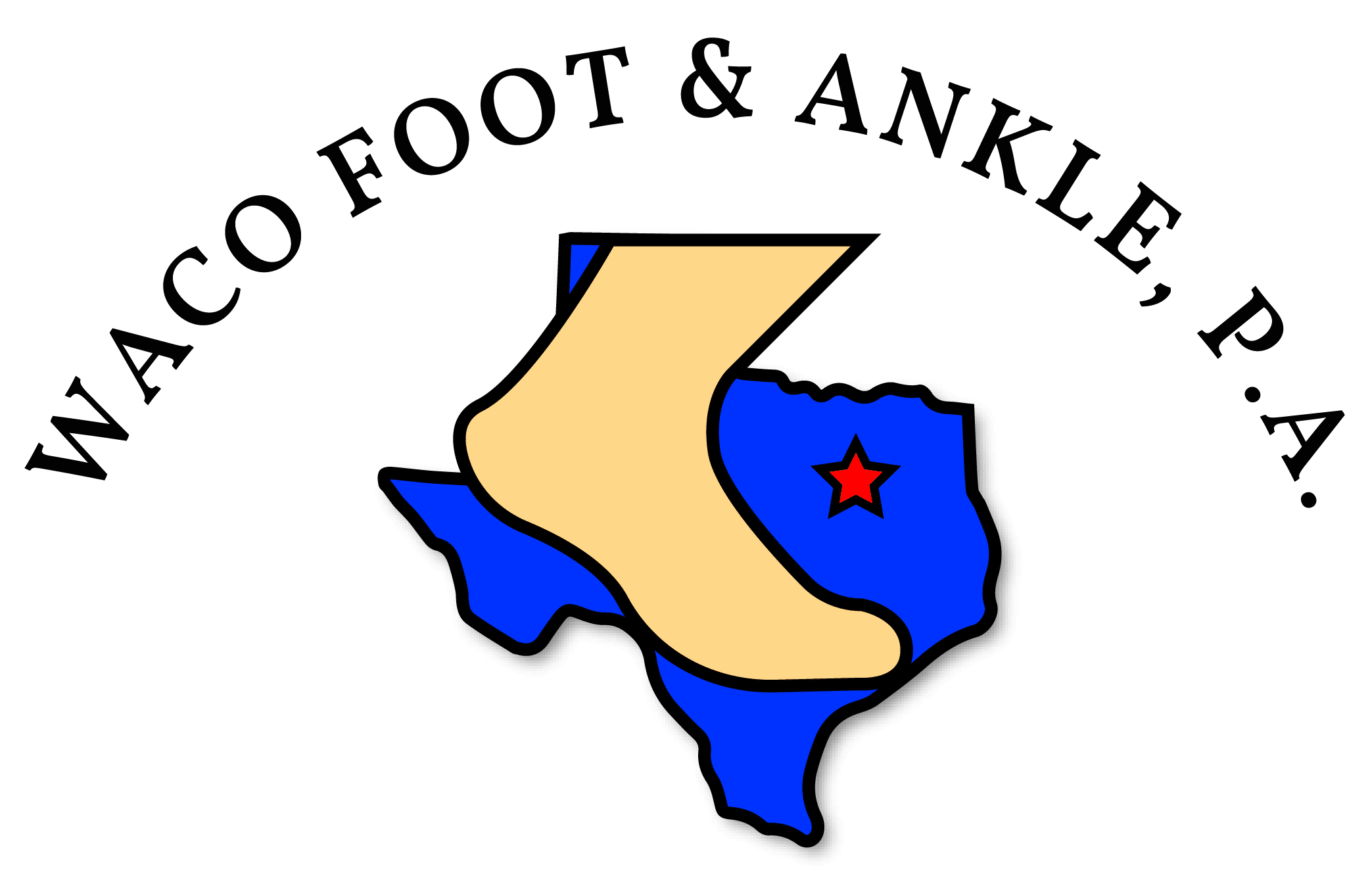Neuromas
Our Award-Winning Physicians Can Help Treat & Relieve Your Nerve Pain
Neuromas are thickened, inflamed nerves due to an abnormal growth of nerve tissue. The most common type of neuroma, known as Morton’s neuroma, develops between the third and fourth toes on a nerve supplies sensation to an area of the foot and toes.
Morton’s neuroma is caused be a squeezing irritation that pinches the nerve within the forefoot. This can result in intense pain within the forefoot, which often radiates into the toes as well. Occasionally, the neuroma can be traced to a specific injury or event, but often the source of nerve irritation results from repetitive or systemic problems like wearing ill-fitting shoes, athletic overuse, or abnormal foot or ankle structure.
Symptoms of Neuromas
Symptoms typically include a radiating pain within the central forefoot that can extend into the toes. You may also feel that you have a lump in your foot, or even like you’re stepping on a hot rock. Wearing tight-fitting or high-heeled shoes shifts weight and pressure toward the forefoot and aggravates the condition. Pain also tends to escalate due to excessive activity, such as from running, jogging, or skiing.
Neuromas can become so severe that they interfere with your ability to work and perform job duties comfortably, wear shoes, and stay healthy and active with regular exercise. This requires treatment, and our goal is to provide you with the pain relief you need to return to this normal activity routine.
Diagnosis of Neuromas
During your appointment, your doctor will ask about your symptoms and medical history and conduct a thorough physical examination. We’ll look for evidence of joint swelling, test range of motion, and identify the location of maximal pain. X-rays may be recommended to screen for associated bone injuries, stress fractures, or arthritis, which could affect the preferred course of treatment.
Treatments of Neuromas
Nonsurgical treatment is generally attempted first, in an attempt to prevent the need for more aggressive surgical management. Conservative care may focus on:
- Anti-inflammatory medications (NSAIDs)
- Icing
- Activity reduction or modification
- Proper fitting shoes
- Orthotic inserts to improve foot function
- Injections
- Laser treatments
In the event conservative care is unable to provide adequate pain relief, surgery to remove the neuroma may be considered. Surgery is an outpatient, same-day procedure requiring a course of post-operative care prior to returning to shoes and activities.
If a neuroma is causing pain in your feet, schedule an appointment with Waco Foot & Ankle to determine your treatment options and get you back on your feet. You can reach our office at (254) 776-6995.

